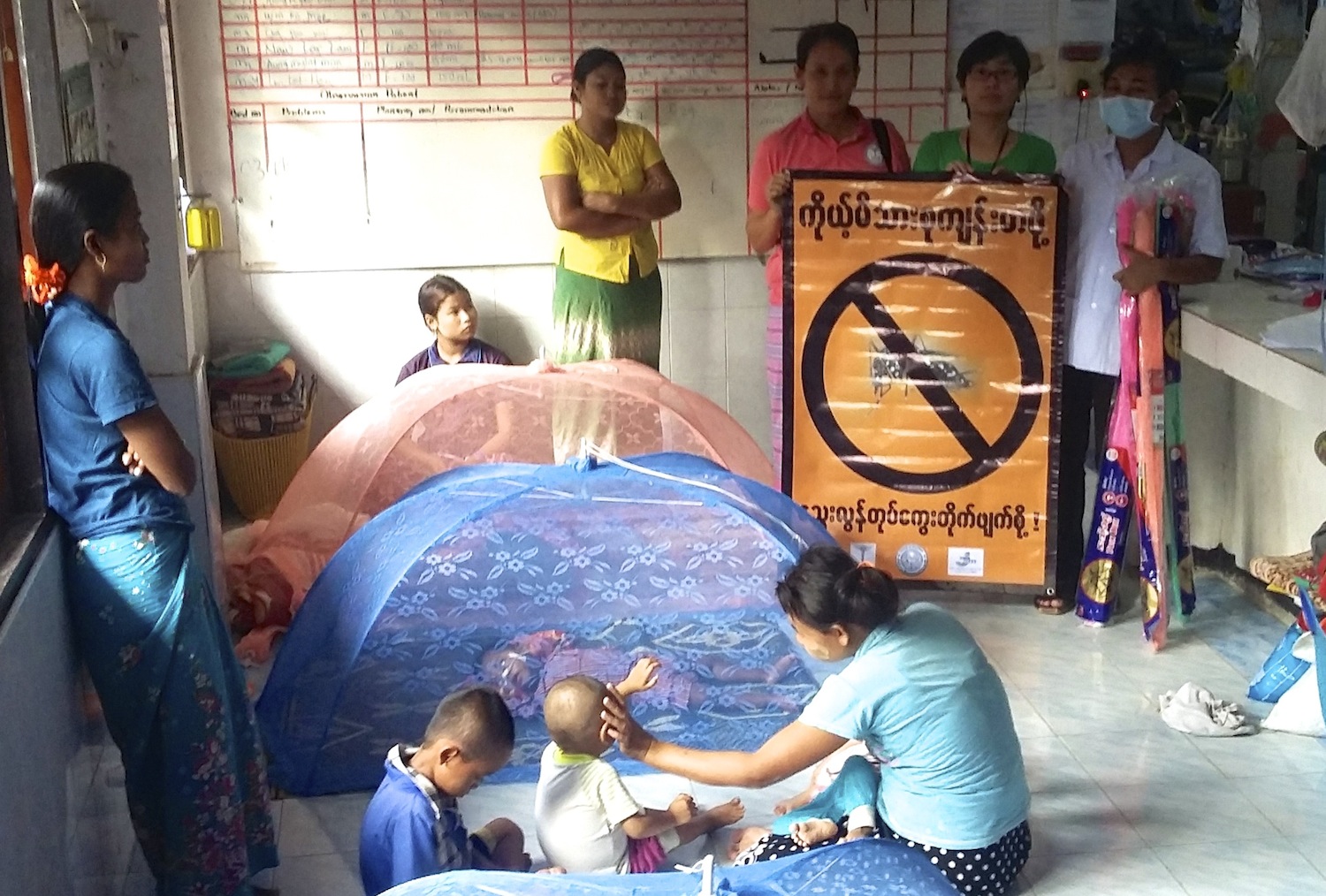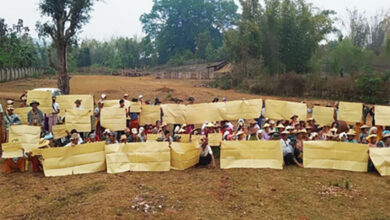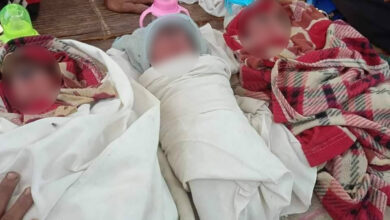2015 – Worst Year For Dengue In 20 Years – 123,168 Cases Confirmed And 116 Dead

Thailand’s public health officials have reported that 2015 was the worst year for dengue fever in more than 20 years.
Thailand’s Ministry of disease control estimates that 116 people died and as many as 123,168 cases of dengue fever were detected up until the end of November 2015.
Sophon Mekthon, deputy director-general at the Ministry of Public Health said in a statement that despite the high number of cases,
“the fatalities are not alarming compared to previous years, which shows our medical response is improving.”
International health agencies such as the World Health Organisation have classified dengue fever as the world’s fastest spreading tropical disease. In 2015, the highest numbers of cases in Thailand in 2015 were recorded in Bangkok and Chiang Mai.
The World Health Organization issued a warning in November 2015 that the number of dengue cases globally has increased in recent decades with “explosive outbreaks” recorded in several Southeast Asia countries.
Ms Aya Tabata, the director of the Stop Dengue, Protect your Family campaign said that unusual weather conditions along the Thai Burma border allowed the Aedes mosquito to keep breeding.
“It was not only the wet season that we had to worry about. We are still having rain in December and it is still hot. Usually we have no rain and it is now suppose to be the cold season.”
Ms Tabata said it was encouraging to see that Thailand was maintaining its fumigation program in an attempt to eradicate the mosquito larvae.
Thailand’s Public Health Ministry in trying to contain dengue outbreaks has continued its nationwide fumigation operations in an attempt to wipe out Aedes mosquito’s breeding grounds.
Ms Tabata said public awareness campaigns were important to maintain the public’s vigilance.
“We need everyone to continue to clean up their gardens, around the house and to clean and cover all water containers and flower vases. For any campaign to work, it has to be a concentrated effort by everyone – the community, health officials and district officers.”
Ms Tabata said that the Stop Dengue, Protect Your Family campaign asked people to do five basic things — “get rid of rubbish around the house, use pesticide, use a mosquito repellent, sleep under a mosquito net (both night and day), and wash out water containers every week and cover them”.
Ms Tabata, a health professional who has worked on the Thai-Burma border for three years, warned that there is a acute need for health education campaigns to target schools.
“The Thai Ministry of Health research clearly confirms that almost one in two dengue cases are school students. Health messages have to be designed to educate school teachers and their pupils about dengue.”




